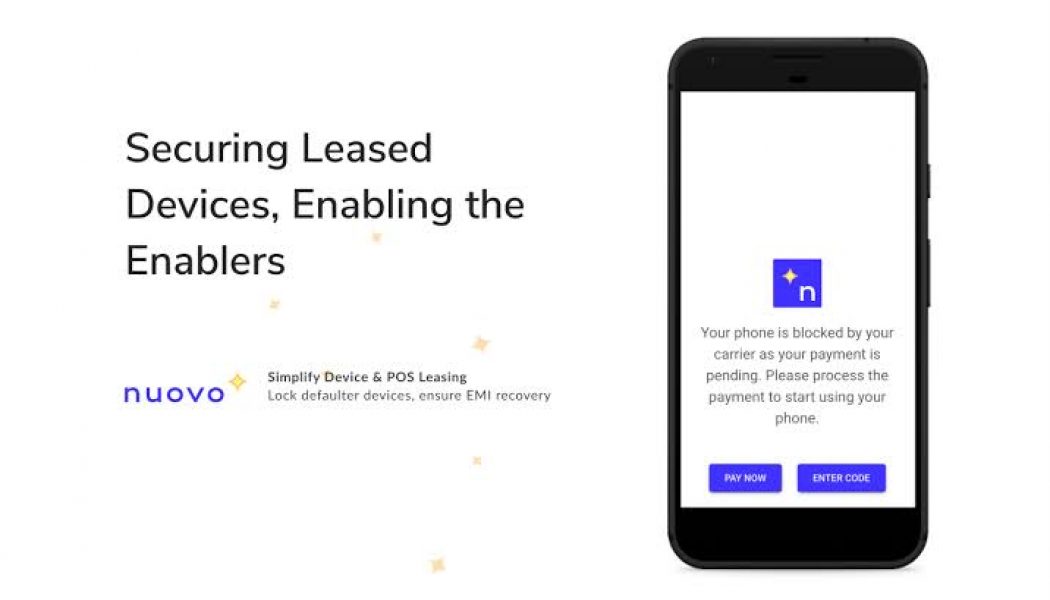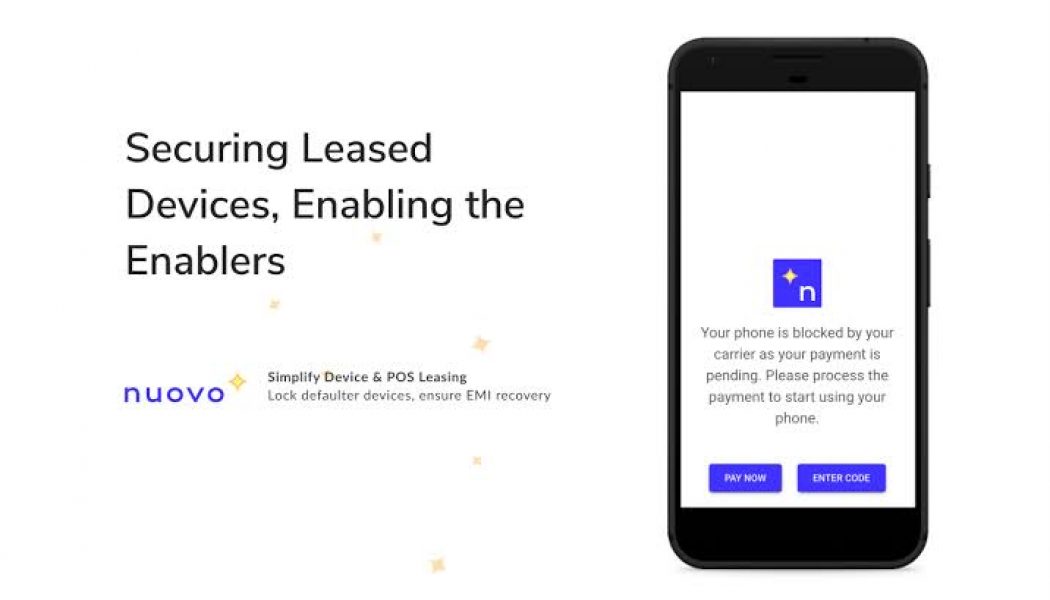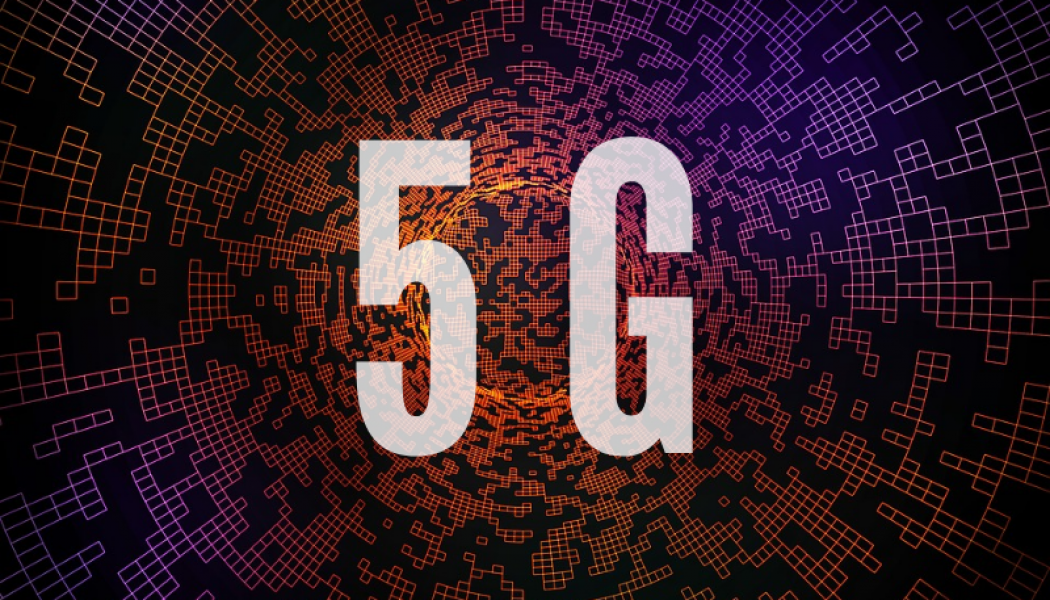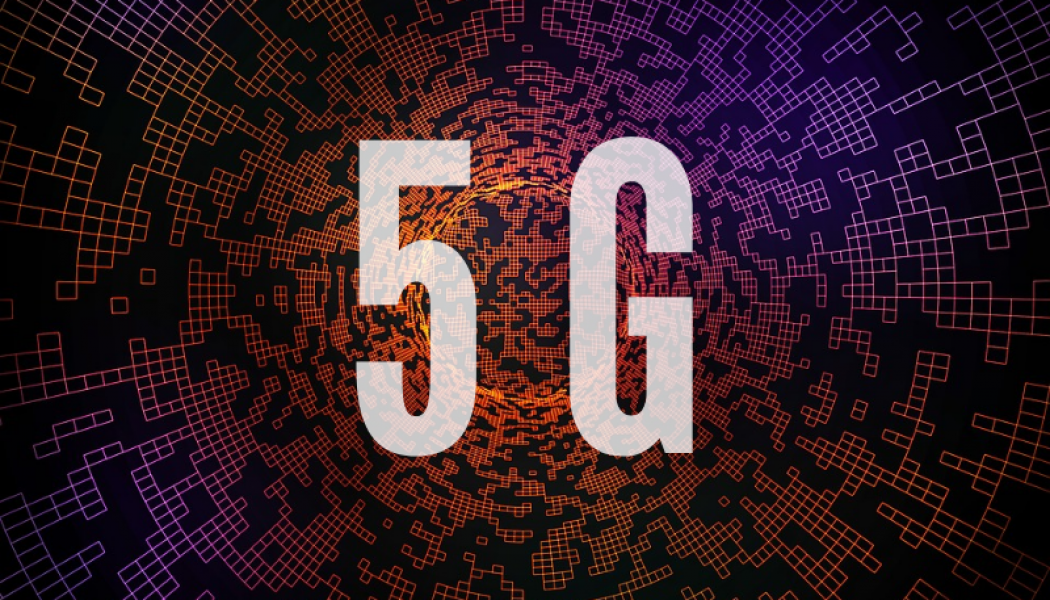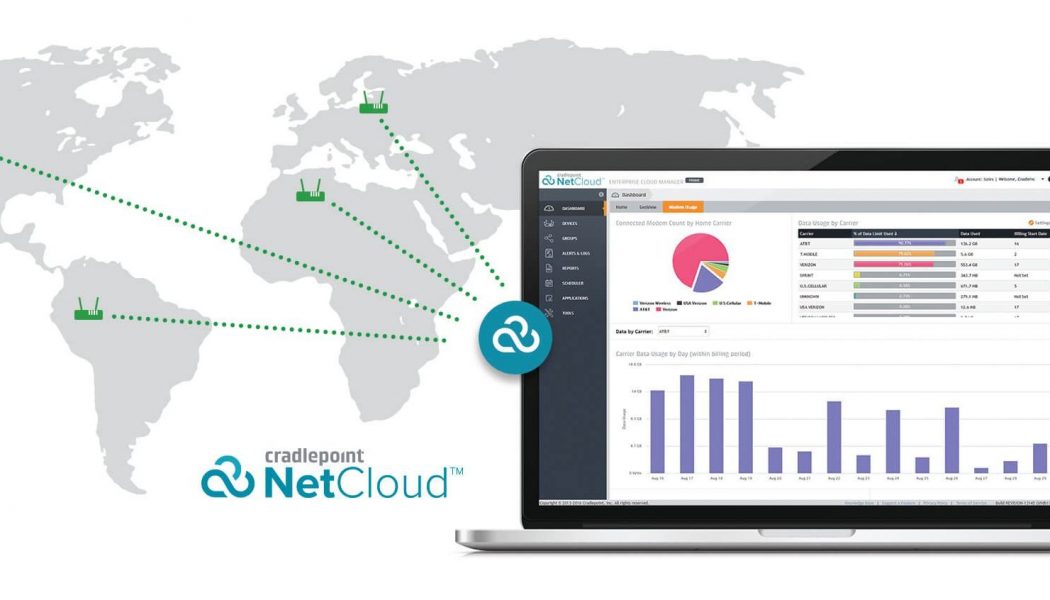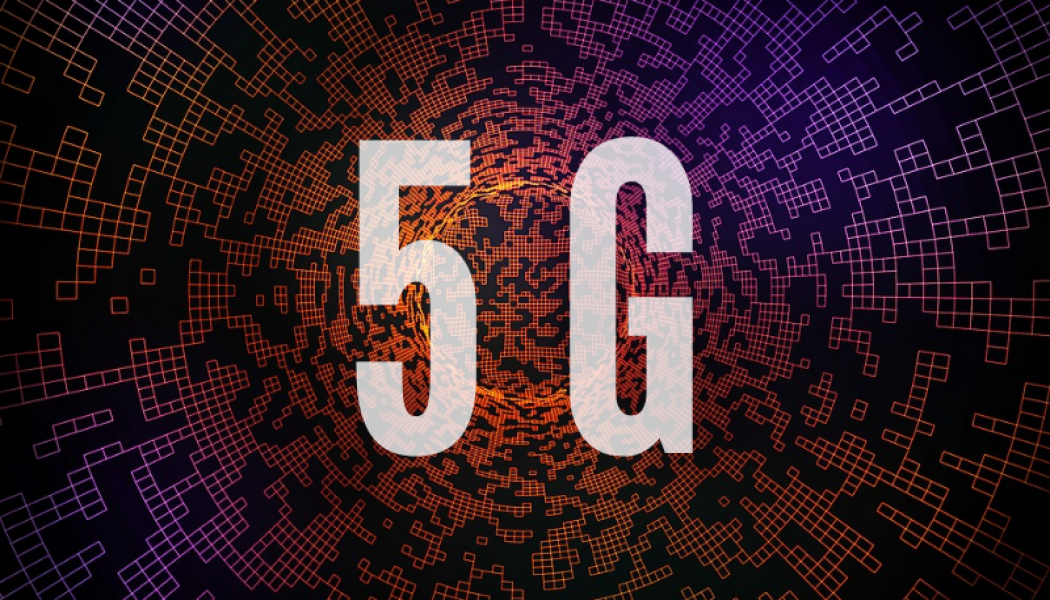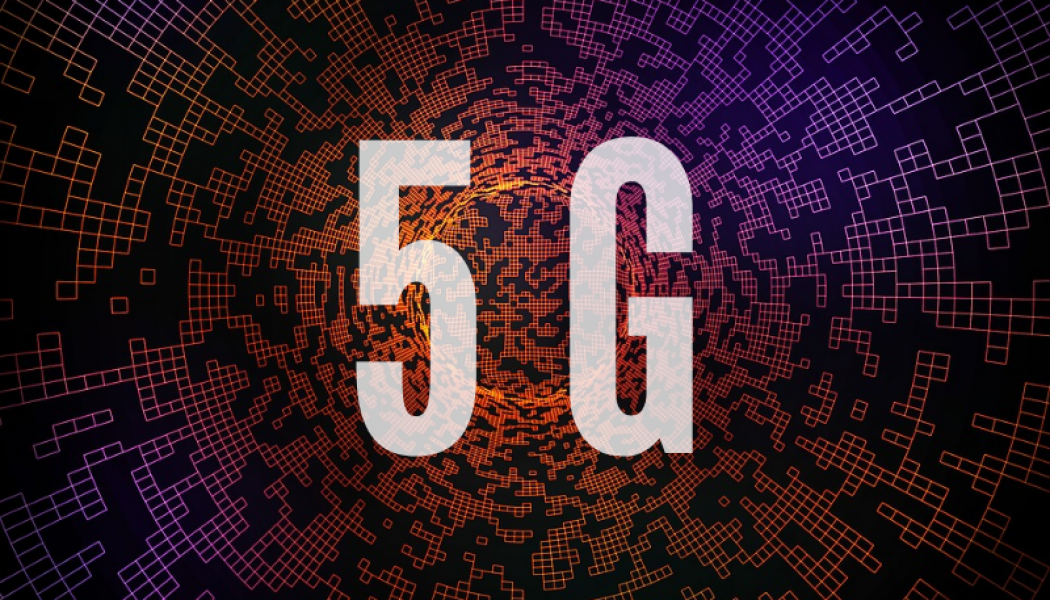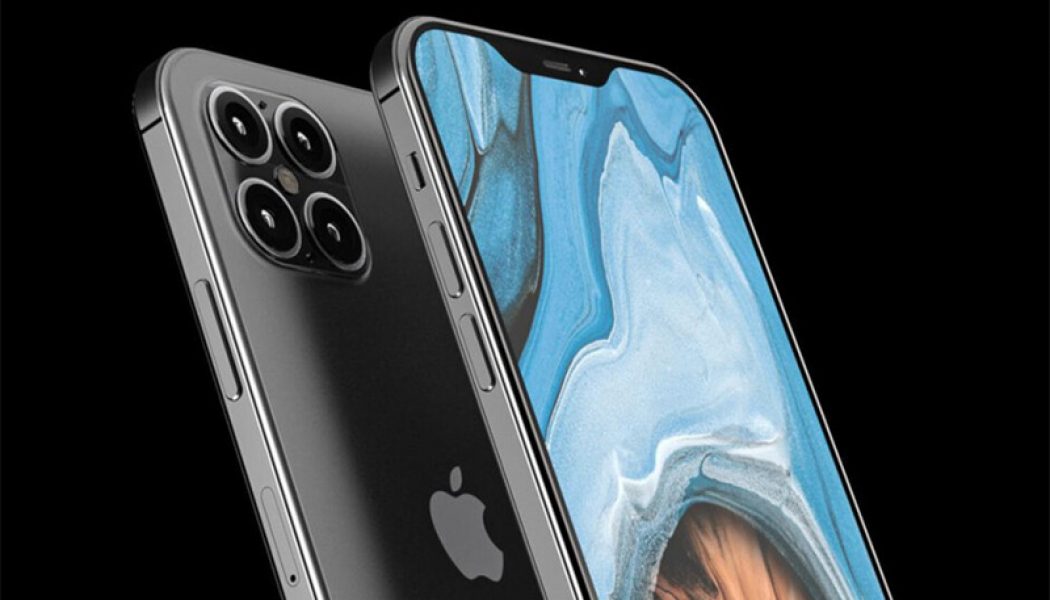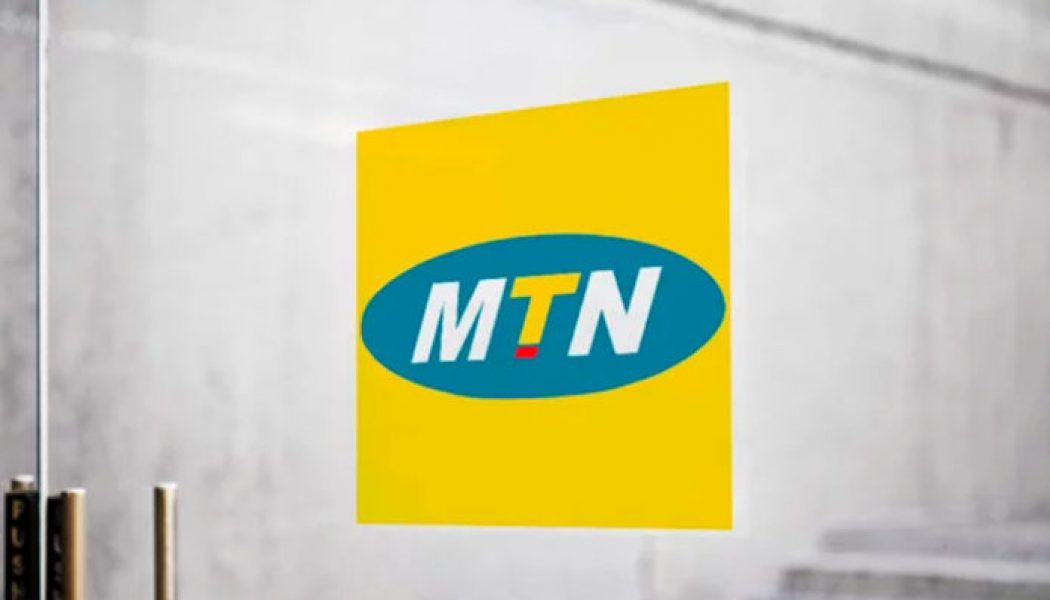5G
Why 5G is Crucial to Closing the Digital Divide
It’s safe to say that high points during the COVID-19 pandemic have been few and far between. South Africans were, however, met with at least one welcome development earlier this year with the launch of the country’s first 5G which supports both commercial mobile and fixed wireless 5G services. Although people were confined to their homes for an extended period of time during lockdown, many South Africans living in major metros were able to use 5G technology to stay in touch, work from home and keep themselves entertained. Not surprisingly, the demand for data during this time was greater than ever before. Vodacom recorded a 40% increase in mobile data traffic in South Africa during the last week of June during the peak of the pandemic, compared with pre-COVID-19 lockdown levels. As the ci...
Ericsson Acquires 5G Solutions Company, Cradlepoint
Ericsson has completed its acquisition of Cradlepoint, a Wireless WAN Edge 4G and 5G solutions company. The investment is key to Ericsson’s ongoing strategy of capturing market share in the rapidly expanding 5G enterprise space. Through Cradlepoint’s solutions, companies can connect sites, vehicles, mobile workforces, and IoT devices in a simple and secure way of using cellular technology. By leveraging the combined offering, Ericsson will be able to create valuable new revenue streams for its customers by supporting 5G-enabled services for enterprise and boost returns on investments in the network. Cradlepoint will operate as a stand-alone subsidiary within Ericsson and continue to build on the current market momentum as 5G is speeding up digital transformation and increasing the need for...
Global 5G Networks Reach Major Connectivity Milestone
101 mobile operators in 44 countries have launched one or more fully commercial 5G networks, according to the Global mobile Suppliers Association (GSA). Of these commercial networks, GSA data records that there are now 94 operators live with 3GPP-compliant 5G mobile services (up from 63 at the end of March 2020), while 37 have launched 3GPP-compliant 5G FWA or home broadband services (up from 34). “5G remains on track to become the fastest adopted mobile technology ever,” says Joe Barrett, GSA President. “There are now over 400 announced 5G devices; 5G subscriptions are doubling quarter on quarter; there are 20 commercially available 5G mobile processors and platforms and eight discrete 5G modems from five different semiconductor companies.” “With over 100 commercial 5G networks now launch...
Has South Africa Run with 5G Before it could Walk?
A number of South African telecommunications companies have recently launched local 5G networks. “The decision to introduce 5G means the service provider has determined that there are enough people in one place who are able to pay for super-fast wireless internet. Yes, it is a great technology. It is fast. It is the cream of mobile terrestrial telecoms and it serves the elite few who can afford it,” says Victor Stephanopoli, COO of MzansiSat. When 2G was introduced to South Africa in 1992, 2G networks were the first to offer data services and SMS text messaging. 2G was followed by LTE, which became 3G and which offered faster data transfer and video calling, making it preferable for smartphones. In 2012, 4G was launched in SA, initially only covering small areas in Johannesburg. Stephanopo...
Why Dedicated Networks are Critical for Industrial Connectivity
With Industry 4.0, the manufacturing and logistics industries are in the midst of digital transformations to increase automation and efficiency. There is a lot to be gained with Industry 4.0, but it all begins with having the connectivity to support it. As manufacturers address modernization, automation and digitalization, dedicated networks offer a way to support multiple use cases, retain control of network resource allocation and ensure that critical data remains on-site. The process of integrating the networks of one or more manufacturing site can be triggered by a need to replace legacy networks or the increasing mobility requirements of their operations. A unified platform is required which integrates voice, data, video and IoT. Digitalization Driving Demand Industries are now ...
